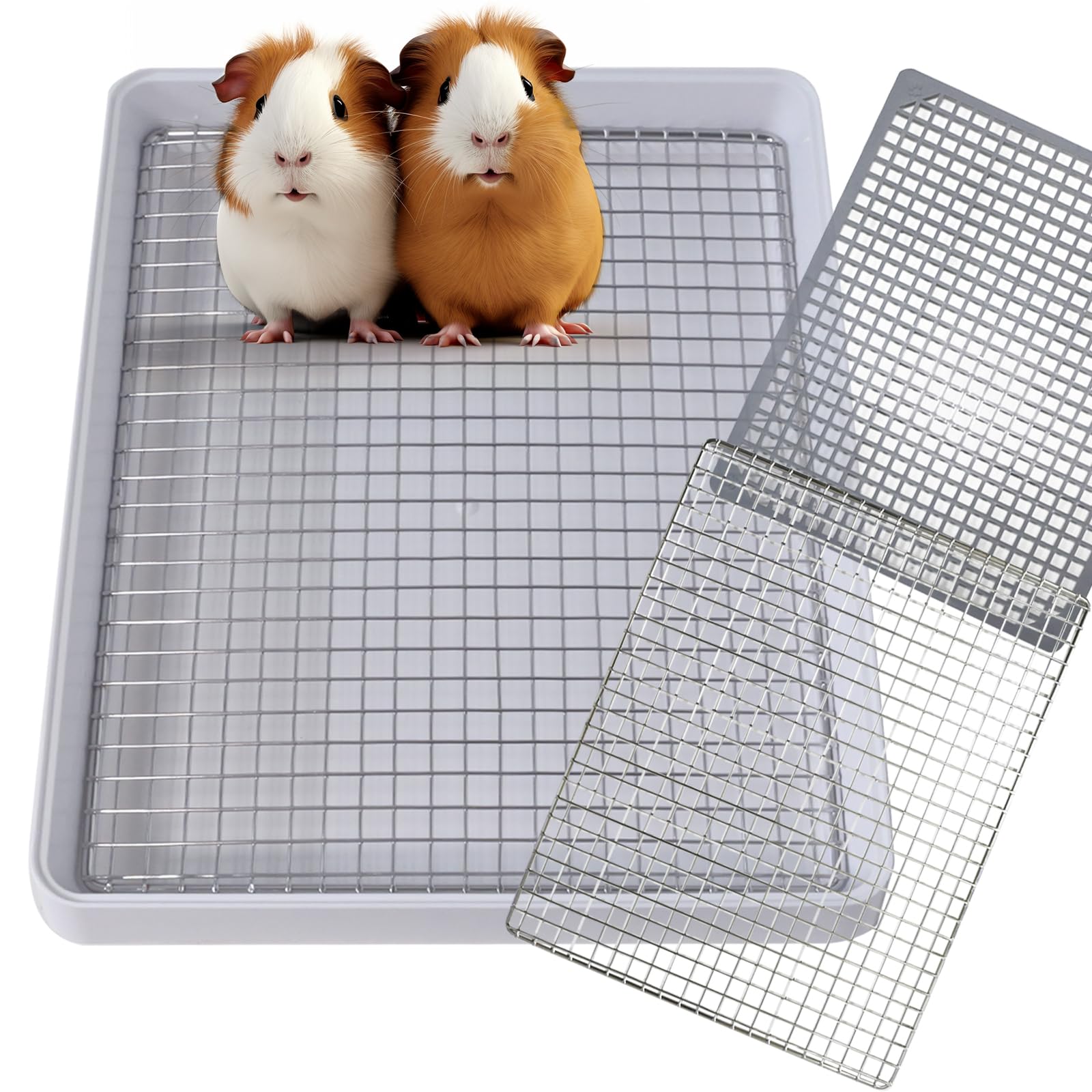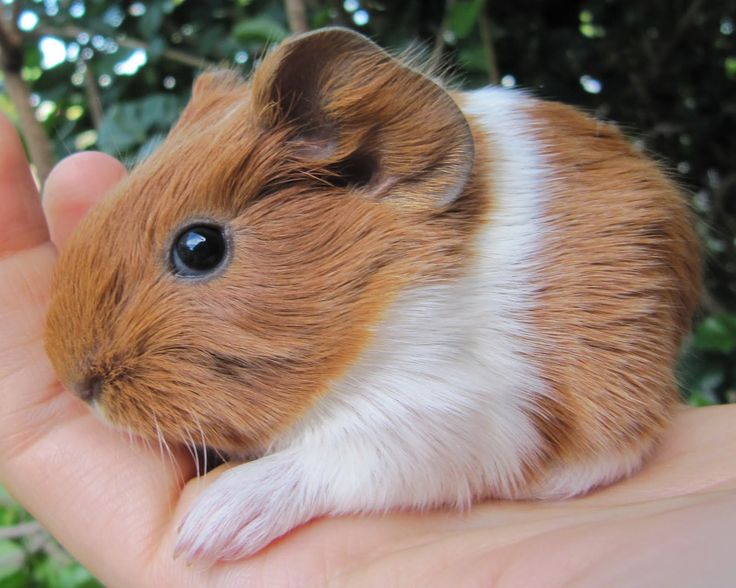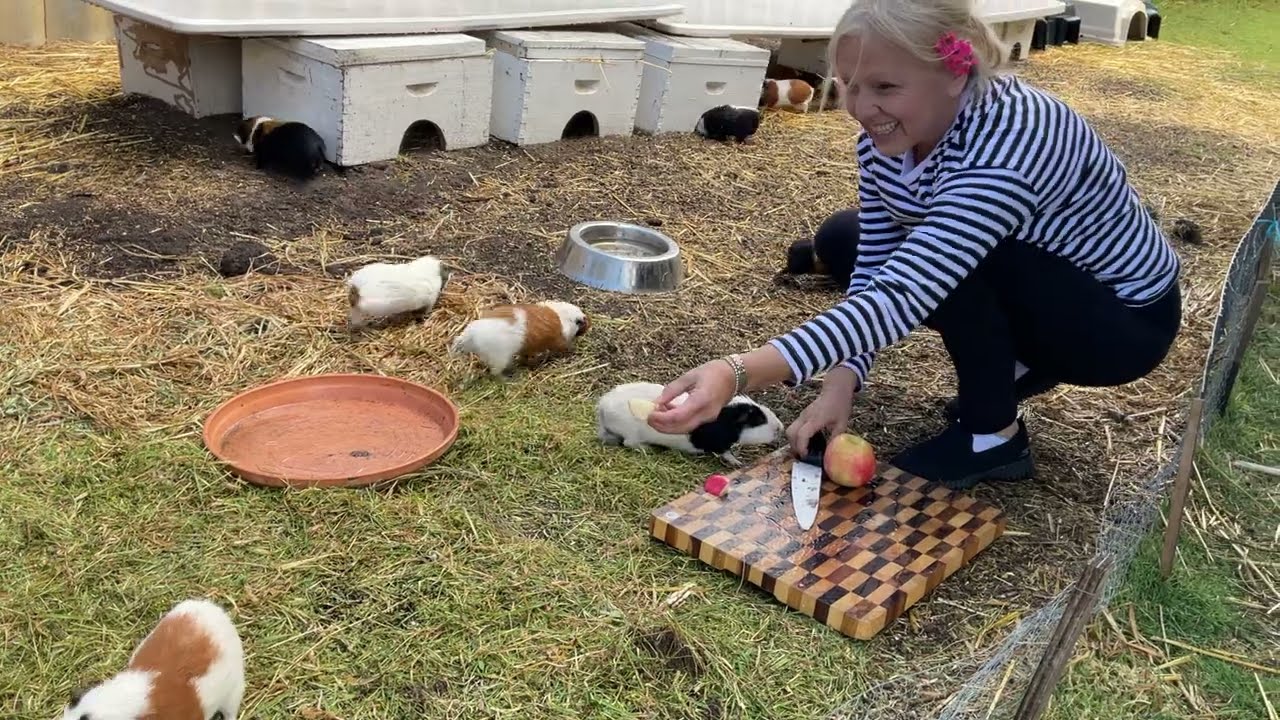Guinea pig babies, also known as pups or kits, are adorable and delicate creatures that require special care and attention. As a guinea pig owner, it is essential to understand the needs of these tiny furballs to ensure their health and well-being. This comprehensive guide will walk you through the process of caring for your newborn guinea pig from birth to beyond.
>> READ MORE:
- Guinea Pig Bumblefoot Understanding the Condition
- Can Guinea Pigs Eat Celery?
- Abyssinian Guinea Pigs A Comprehensive Guide
- The American Guinea Pig A Delightful Companion for Over a Century
Contents
- 1 The First Few Days: Essential Needs for Guinea Pig Pups
- 2 Nutrition for Tiny Tummies: Feeding Your Guinea Pig Baby
- 3 Socialization and Bonding: Introducing Your Baby to the World
- 4 Health and Wellness: Keeping Your Guinea Pig Baby Healthy
- 5 Guinea Pig Baby Development: From Tiny Pup to Playful Teen
- 6 Conclusion
The First Few Days: Essential Needs for Guinea Pig Pups

The first few days of a guinea pig’s life are crucial for their development and survival. As a responsible owner, it is essential to provide them with a safe and comfortable environment to thrive in. Here are some essential needs to consider for your guinea pig baby‘s first few days.
Nesting Area
A cozy nest is vital for the mama guinea pig (sow) and her newborns. In the wild, guinea pigs burrow underground to create a warm and secure nesting area for their young. In captivity, it is crucial to replicate this by providing a designated nesting area in their cage.
The nest should be lined with soft and comfortable bedding such as hay, shredded paper, or fleece blankets. Avoid using cedar or pine shavings as they can be harmful to guinea pigs’ respiratory systems. The bedding should be changed regularly to maintain cleanliness and prevent any potential health issues.
Nutrition
During pregnancy and lactation, the sow’s nutritional needs increase significantly. It is essential to provide her with a balanced diet of hay, fresh vegetables, and a small amount of guinea pig pellets. These provide the necessary nutrients for both the sow and her developing pups. However, avoid offering treats or sugary foods during this time, as it can lead to health problems for the mother and her offspring.
Space and Shelter
The cage should be spacious enough to accommodate the sow and her pups comfortably. In addition to the nesting area, there should be enough room for the sow to move around freely while keeping an eye on her young ones. A standard cage size for a guinea pig is at least 7.5 square feet, with an additional 2 square feet for each additional pig.
The cage should also have a sheltered area where the guinea pigs can retreat to for privacy and warmth. A cardboard box or igloo can serve as a suitable shelter, as long as it is big enough to accommodate the entire family.
Nutrition for Tiny Tummies: Feeding Your Guinea Pig Baby

As your guinea pig baby grows, their nutritional needs will change. It is crucial to provide them with a balanced and age-appropriate diet to ensure proper growth and development. Here are some tips for feeding your guinea pig pup.
Hay
Hay is an essential part of a guinea pig’s diet at any age. For newborns, hay provides essential fiber and helps keep their digestive system functioning correctly. As they grow, hay will also aid in maintaining healthy teeth, which continually grow in guinea pigs. Ensure that your pup has access to fresh hay at all times.
Pellets
Guinea pig pellets are specially formulated to meet their nutritional needs. However, it is essential to choose high-quality pellets without any added preservatives or artificial flavors. The amount of pellets required for your pup will vary depending on their age and size. Always consult with your veterinarian for the appropriate serving size for your guinea pig baby.
Vegetables
Fresh vegetables should make up a significant portion of your guinea pig’s diet. However, not all vegetables are suitable for these tiny creatures. Some safe and nutritious options include carrots, bell peppers, romaine lettuce, and cucumber. Introduce new vegetables gradually to avoid stomach upset. Also, ensure that the vegetables are thoroughly washed before feeding them to your pup.
Socialization and Bonding: Introducing Your Baby to the World

Socialization is a crucial part of a guinea pig’s development. It helps them build trust and bond with their owners, which is essential for their happiness and well-being. Here are some tips for introducing your guinea pig baby to the world.
Interacting with Your Pup
The first few days after birth, it is essential to give the sow and her pups space and time to bond. However, as the pups start to explore and become more curious, you can start interacting with them gradually. Allow them to come to you at their own pace and avoid sudden movements or loud noises that may startle them.
Handling Your Baby Guinea Pig
Handling your guinea pig pup from an early age is critical for their socialization and bonding with you. Start by gently petting and holding them for short periods, gradually increasing the duration as they get used to being handled. Always support their delicate bodies and avoid picking them up by their legs or scruff.
Introducing to Other Guinea Pigs
Guinea pigs are social animals and do best when paired with another pig. If you plan on getting more than one guinea pig, it is essential to introduce them properly. Begin by placing their cages side by side for a week, allowing them to see and smell each other. Eventually, you can try supervised playdates to ensure they get along before fully integrating them into one cage.
Health and Wellness: Keeping Your Guinea Pig Baby Healthy

As a pet owner, it is crucial to keep an eye out for any potential health issues in your guinea pig baby. Early detection and treatment can help prevent any serious health problems. Here are some common health concerns to look out for.
Respiratory Issues
Guinea pigs have sensitive respiratory systems, making them prone to respiratory infections. These can be caused by poor ventilation, dusty bedding, or underlying health conditions. Signs of respiratory issues include sneezing, wheezing, labored breathing, and discharge from the nose and eyes. If you notice any of these symptoms, consult with your veterinarian immediately.
Parasites
External parasites such as mites can cause severe skin irritation in guinea pigs. They can also lead to hair loss, scabs, and even anemia if left untreated. Monitor your pup’s skin regularly for any signs of parasites and seek treatment from your veterinarian if needed.
Dental Problems
As mentioned earlier, guinea pig’s teeth continuously grow, making them prone to overgrown teeth, which can lead to dental problems. Signs of dental issues include difficulty eating, drooling, weight loss, and inflamed gums. Regularly check your pup’s teeth and consult with your veterinarian if you notice any abnormalities.
Guinea Pig Baby Development: From Tiny Pup to Playful Teen

Guinea pigs have a relatively short lifespan of 4-8 years, which means they reach adulthood quickly. Here is a general timeline of a guinea pig’s development from birth to adolescence.
Birth (0-3 Days)
At birth, guinea pigs are tiny, blind, and completely dependent on their mother for survival. They will spend most of their time nursing and sleeping.
Eyes Open (5-7 Days)
Between 5-7 days, guinea pig babies’ eyes will start to open, allowing them to see their surroundings. They will also start exploring their environment and developing their personalities.
Weaning (2-3 Weeks)
Around 2-3 weeks, pups will start nibbling on solid food and gradually wean off their mother’s milk. This is also an ideal time to introduce them to vegetables and pellets.
Adolescence (4-6 Weeks)
At 4-6 weeks, guinea pigs are considered to be adolescents, and their growth rate slows down. They will continue to explore and play, and their personalities will become more distinct.
Sexual Maturity (4-6 Months)
Male guinea pigs reach sexual maturity at around 3-4 months, while females reach it at around 4-6 months. It is essential to separate males and females before they reach this stage to avoid unwanted pregnancies.
Conclusion
Guinea pig babies bring joy and excitement to any household, but they also require proper care and attention to ensure their well-being. From the moment they come into this world to their transition into adulthood, it is essential to provide them with a safe and nurturing environment. With this guide, you now have the necessary knowledge and tools to care for your guinea pig baby from birth to beyond. Remember to always consult with your veterinarian if you have any concerns about your pup’s health or well-being. Happy parenting!
